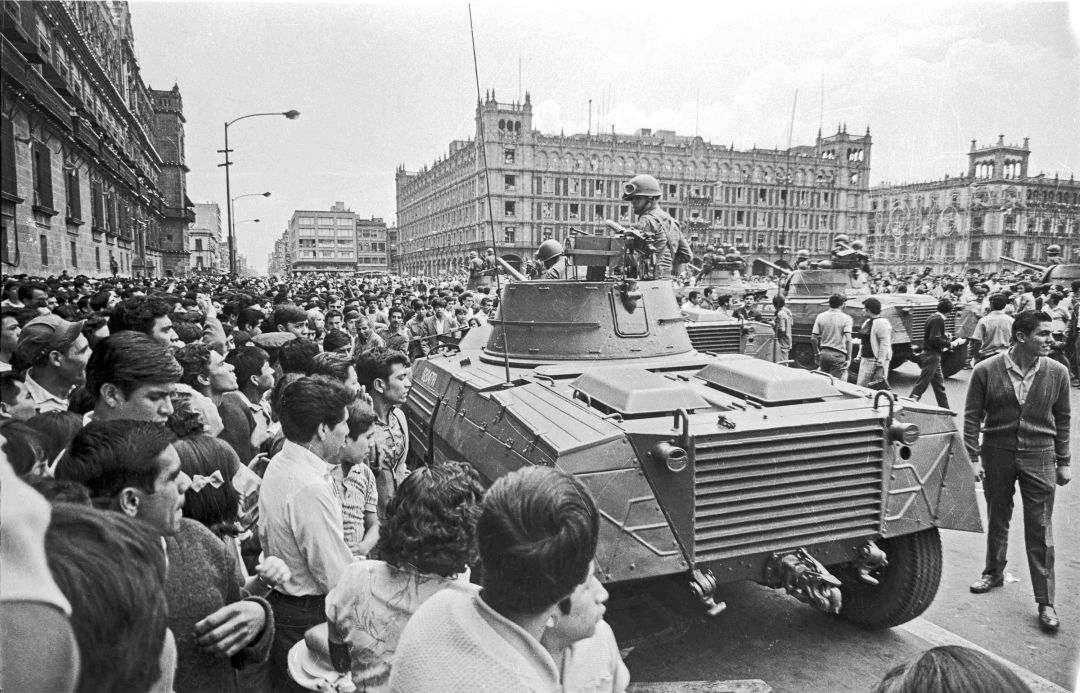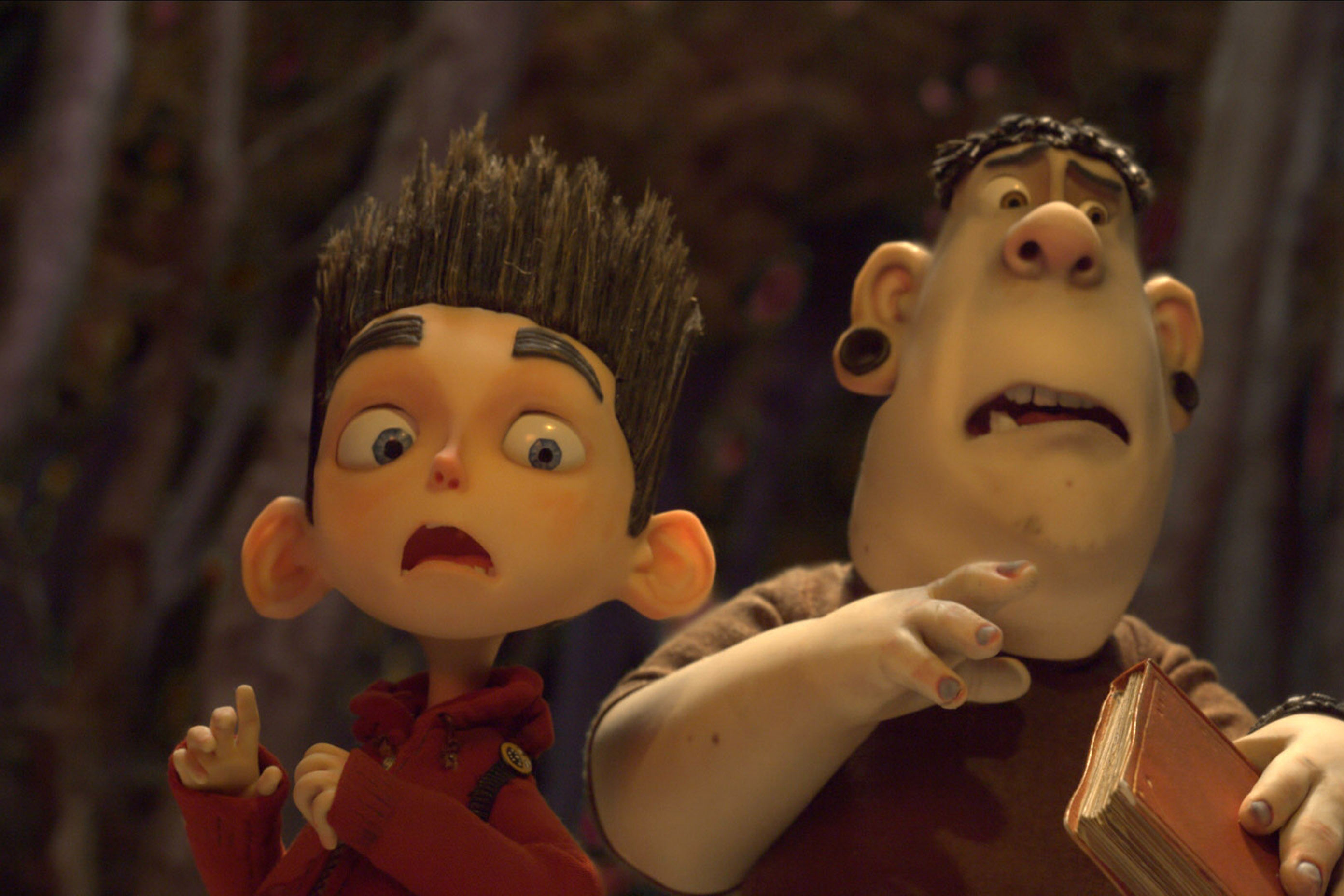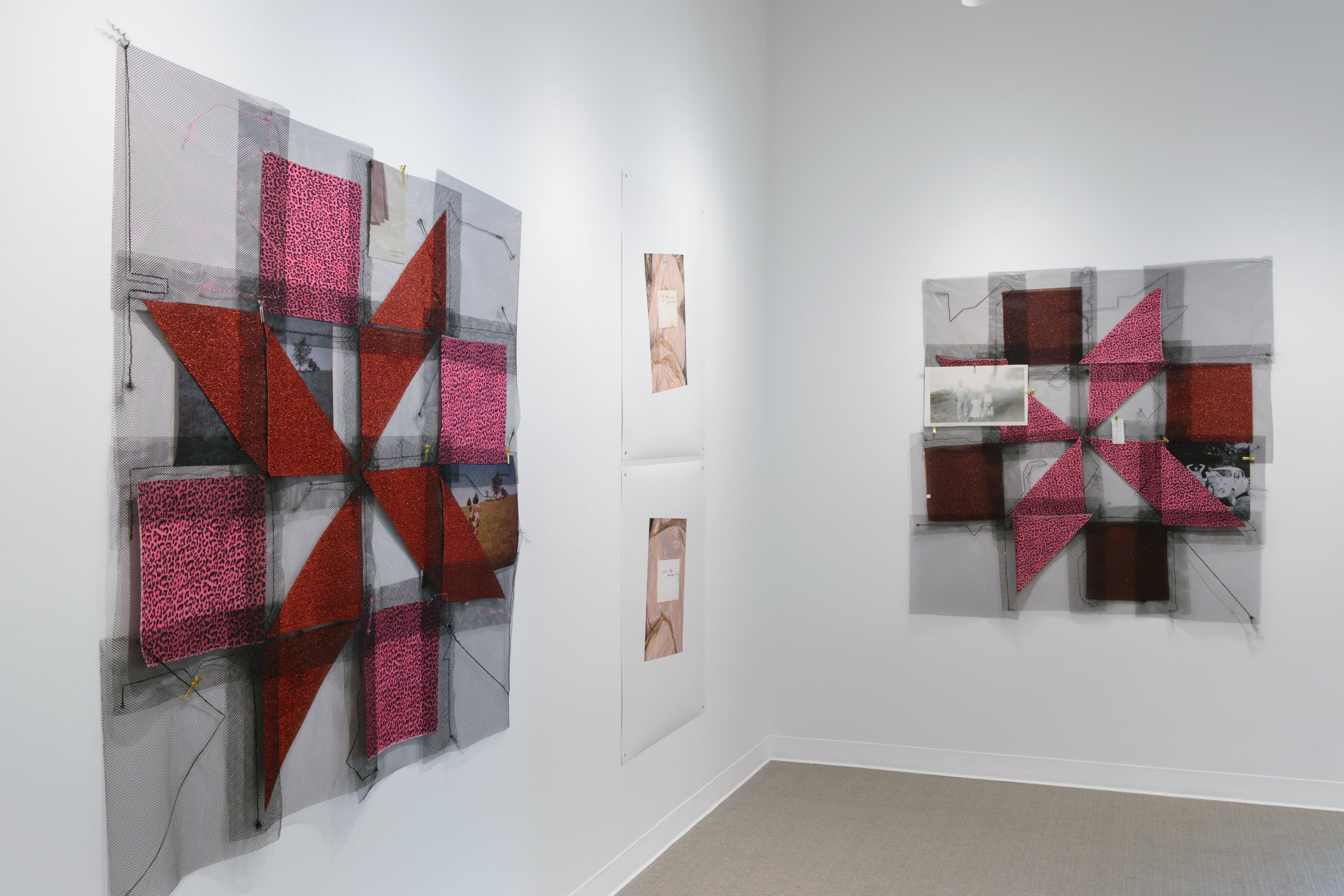Church of Film’s Muriel Lucas Is Praying for the Future of Cinema

Still from El Grito
Image: Courtesy Church of Film
When most of us imagine "going to the movies" (remember that?), we think flashy new releases, soda-soaked floors, and exorbitant ticket prices. Muriel Lucas, on the other hand, thinks mutual aid, unearthed items, and "burning ideas of canon."
Lucas founded Church of Film, a screening series, in 2013. Inspired by Federico Garcia Lorca's guerrilla theater productions for peasants in the Spanish countryside, their driving vision was to make cinema free and accessible for people in every part of town and broaden viewers' notions of what it can be in the process. What started as rogue screenings of largely unseen films at Polaris Hall eventually became regular engagements at venues including Century Bar, Clinton Street Theater, and the Hollywood Theatre.
In 2020, Lucas has had to reimagine the program for a socially distanced world, all the while staying active in Portland's Black Lives Matter movement. When Portland Monthly sat down with them to chat, they were nursing a tear-gas-induced eye infection.
What do you see as the role of film in times of revolution or unrest?
It’s huge. They’re still making and churning out imperialist propaganda. Hollywood was preparing its, like, 65th installment of James Bond when somebody captured something on a cell phone and it ignited a revolution around the world. If anything, the George Floyd rebellion has shown us that the image is of paramount importance. This all started because of an image.
You recently added subtitles to some of radical French filmmaker Sarah Maldoror’s films. What were you drawn to about her work?
Sarah Maldoror has always been a fascinating figure to me. Her film Sambizanga is all told through the perspective of women in war. It’s an amazingly different film from the very militant, masculine, macho guerrilla stuff, which was very popular in France at the time. I didn’t know much more of her work outside of that film. She died of COVID in April; that sparked more interest in me to make her other films out there and available. I wanted to do something for her, and also just explore her work myself to see what this director is about.
You started a Vimeo streaming service. Are those films on there?
Yes, they are. The streaming service came mostly out of necessity. I like cinema to be a communal experience, sort of a shared dream that everyone watches, so this idea of being cloistered in your home, streaming a film, maybe stopping it and not watching it again for another day.... That’s not ideal for me. But there has to be a way for people to access alternative cinema.
You recently organized with Snack Bloc and Mobile Projection Unit to do a screening of El Grito—the once-banned student documentary about the 1968 uprising against Mexico’s authoritarian government, and the state’s violent response. How did it go?
Guerrilla screenings like that are really ad hoc. We had a problem that night with the lights from the Coca-Cola factory shining on the wall, but Snack Bloc has since solved that problem. It’s getting there, but working out those kinks is the most exciting thing about it—not just doing cinema in an nonconventional environment, but blending the space of the streets and the cinema and breaking down the walls there.
El Grito is a great example of control of the image. Why did they ban that film?
They were afraid. They were afraid that people would see something that was counter to the state’s messaging of what actually happened there. They were afraid that people would learn from the former activism that they hoped to erase.
Any plans on the horizon?
I think basically the future of this program will be in more activist spaces, and online streaming. That’s just the necessity of history right now. That’s the moment we’re in.
How do you imagine the future of cinema, postpandemic?
My fear is that we’re going to see a massive accumulation of wealth into already very powerful corporations. But people now, with the technology they have just on their phones, can make their own films. Every challenge from authority is an opportunity to create something new. Cinema has been locked into a sort of introspective lyricism for the past 20 years. I hope that all of this is a wake-up call to reengage with a broader political cinema that’s more informed.




